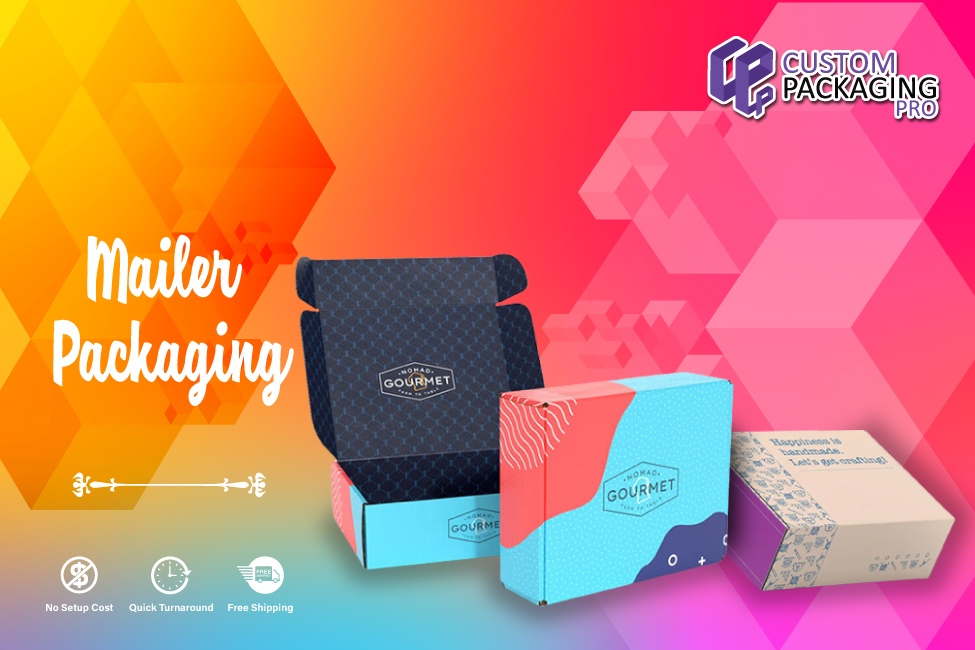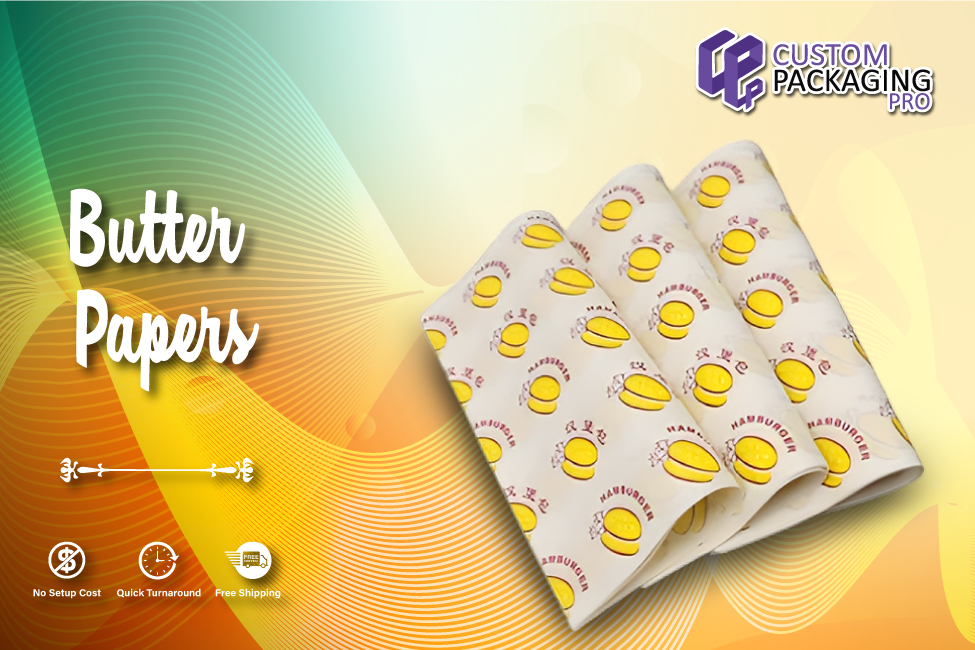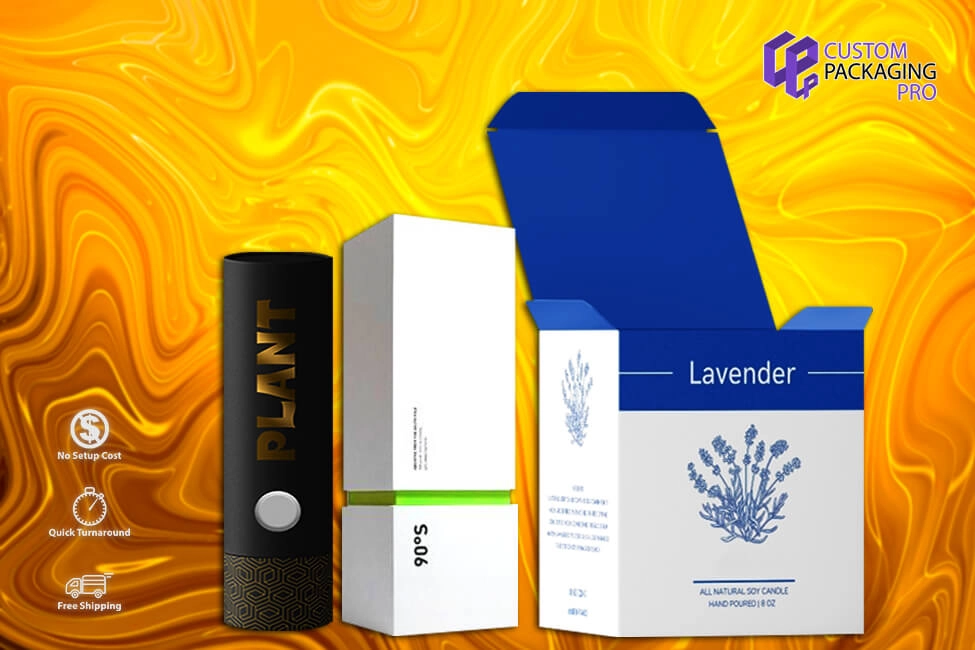March 01, 2024
Wholesale Packaging Maintain Several Temperature Changes
Packaging is crucial in the supply chain as the foundation for large-scale product distribution for many industries. It has several functions in the contemporary market, from boosting brand awareness to safeguarding goods during shipment. Fundamentally, Wholesale Packaging will endure primary purpose is to protect products from harm and ensure they reach their destination undamaged. Using materials and designing solutions specific to the needs of the products being transported is an essential task. Whether it's moisture-resistant packaging for perishable goods or corrugated cardboard boxes for delicate things, it must offer sufficient defense against environmental factors, including impact, moisture, and temperature changes.
Promote Identification for Usage through Wholesale Packaging
Packaging acts as a blank canvas for marketing and branding campaigns. Businesses understand the importance of packaging in an increasingly competitive market to set Wholesale Packaging products apart and draw in customers. Using logos, colors, and content, customized packaging solutions help businesses communicate their value proposition successfully to potential clients. Vibrant designs help build lasting ties with customers by drawing in customers as well as promoting brand identification and loyalty. Its importance goes beyond simple confinement; it includes branding, sustainability, and effective logistics. Sustainability has become a crucial factor in its operations in recent years.
Boxes Will Improve Processes with Recyclability
Businesses are under pressure to adopt Eco-friendly solutions that reduce their carbon footprint as environmental issues gain more attention. As a result, recyclable, compostable, and biodegradable materials are becoming more popular than conventional single-use plastics. Sustainable packaging options range from plant-based plastics to recycled cardboard. They offer a more ecologically friendly way to Retail Boxes items and satisfy customer demands for green products. Simplified packaging designs improve logistical processes, maximize storage capacity, and save shipping costs. Companies can increase operational efficiency and realize economies of scale by implementing uniform size and reducing surplus packaging materials.

Beat Flexibility and Benefits because of Mailer Packaging
Within the vast business world, packaging acts as a brand's quiet emissary, communicating not the physical safeguarding of a product but rather the spirit of the firm that created it. Mailer Packaging stands out among the many types of packaging. They serve as a flexible and valuable way to move items across distances. Thus leaving a lasting impression on recipients. It is fundamentally a tasteful fusion of practicality and design. Made from sturdy materials like cardboard or corrugated fiberboard, mailers provide a substantial barrier against the rigors of transportation. This protects goods from handling and damage. In addition to guaranteeing the integrity of them, the material selection supports Eco-friendly initiatives since many brands choose recyclable or biodegradable materials to reduce their environmental impact.
Mailer Packaging Develops Concrete Links for Attention
Packaging is a blank canvas for branding and narrative in addition to being protective. Using intelligent design components such as imagery, color schemes, and logos, businesses may expand their brand identity into the physical world and help recipients feel recognized and connected to the brand. A cleverly created mailer draws attention and arouses feelings in the viewer. This turns the ordinary unwrapping process into an unforgettable engagement with the business. Mailer Packaging takes on even more importance in an age of e-commerce, where the physical experience of purchasing is frequently supplanted by digital convenience. It provides customers a concrete link to what they buy online by bridging the gap between the virtual and actual worlds.
Beat Potential Establishment by Employing Mailer Packaging
Packaging turns to receive a gift into a moment of delight and discovery, from when a packaging arrives at its doorstep to the excitement of discovering its contents. Mailer Packaging offers brands a chance to stand out in a competitive market. Businesses may grab customer's attention and create a lasting impression beyond the unwrapping experience by embracing creativity and innovation in their packaging designs. By showcasing their distinct personalities and ideals, brands can establish stronger connections with their audience through interactive elements, personalized touches, or unanticipated surprises. Besides its branding potential, it is also essential for improving the consumer experience.

Butter Papers Avoid Damage to Boost Simplicity
Paper remains, also called parchment paper or baking paper. It is a multipurpose substance incorporated into various daily activities, including crafts and cooking. It was first created as a writing surface in ancient Egypt, and its roots can be found centuries ago. Its applications have grown because of its unique qualities and simplicity of use. The kitchen is one of its main applications. Butter Papers are perfect for coating baking dishes and pans because its non-stick surface keeps food from sticking and simplifies cleanup. To ensure uniform heat distribution and avoid burnt bottoms, they offer a dependable barrier between your food and the cooking surface, whether baking biscuits, roasting vegetables, or preparing delicate pastries.
Add Durable Material for Storing with Wrap Papers
Papers are not non-stick but a valuable tool for shaping and storing food. To keep the texture and consistency of the dough while rolling out the dough for cookies or pie crusts, place a sheet of them on top to keep it from sticking without using too much flour. Wrap Papers wrap perishables like cheese, sandwiches, and other foods to keep them fresh and prevent moisture loss. They have a plethora of different uses outside the kitchen. It is a flexible material for painting, tracing, and sketching in arts and crafts. Pencils, markers, watercolors, and other media can all be applied smoothly to its surface. That is why artists of all ages love it. Its translucent quality makes it simple to trace patterns and motifs. This makes it an invaluable tool for craft endeavors like scrapbooking and card crafting.
Install Insulate Wrap for Safety through Butter Papers
Papers are helpful for things other than food and art. Butter Papers remain used in the medical industry as a sterile barrier to cover surfaces and wrap surgical instruments while procedures are being performed. It is the perfect material for autoclaving and sterilization. It can tolerate high temperatures without burning or releasing dangerous chemicals. This guarantees the integrity and safety of medical equipment. They find use in the fields of industry and technology. It serves as a liner in machinery and equipment to lessen friction and wear and tear on moving parts because of its low friction surface and heat resistance. It is used as an insulating wrap for wires and cables in electrical engineering, shielding them from moisture and wear and tear.











